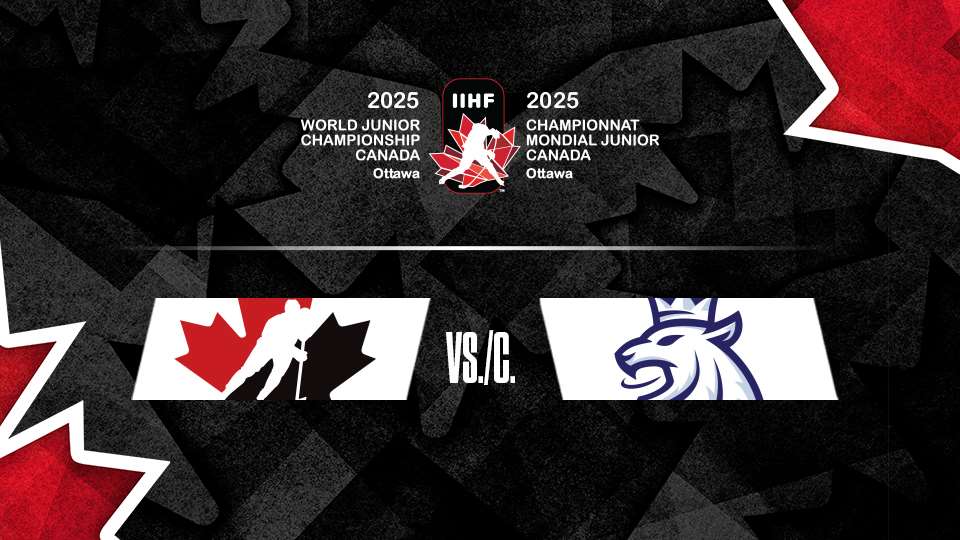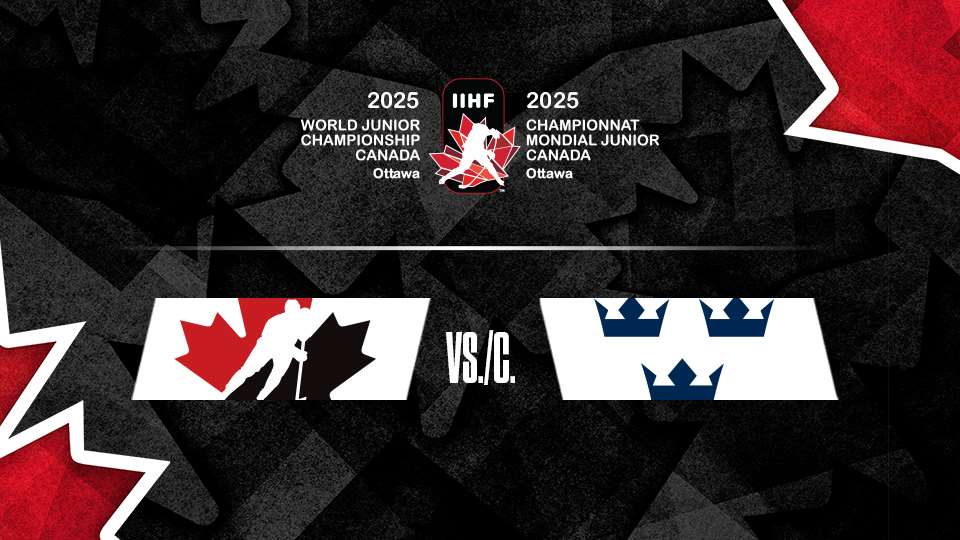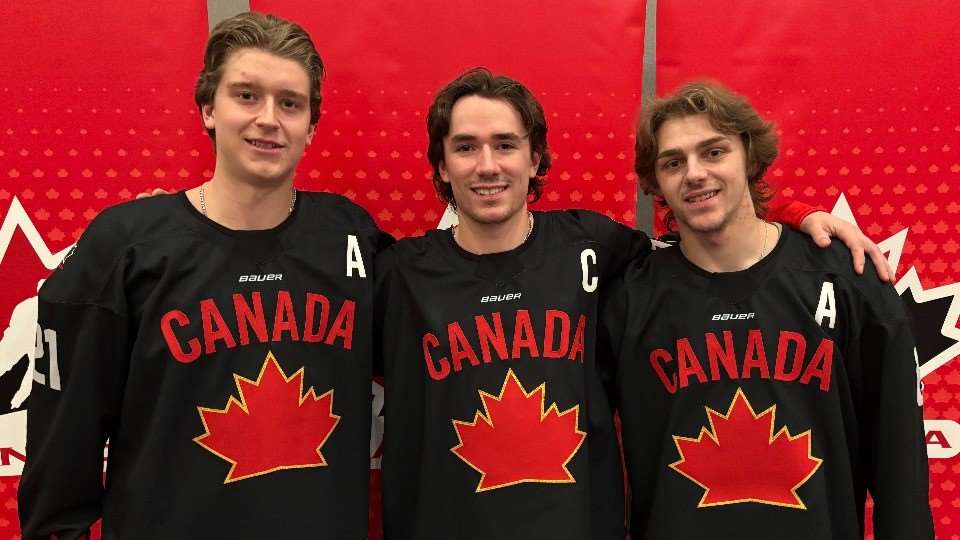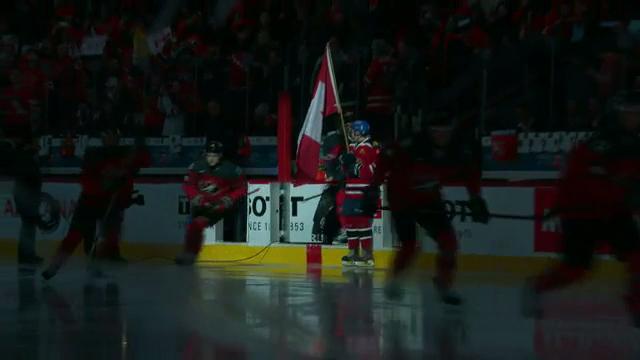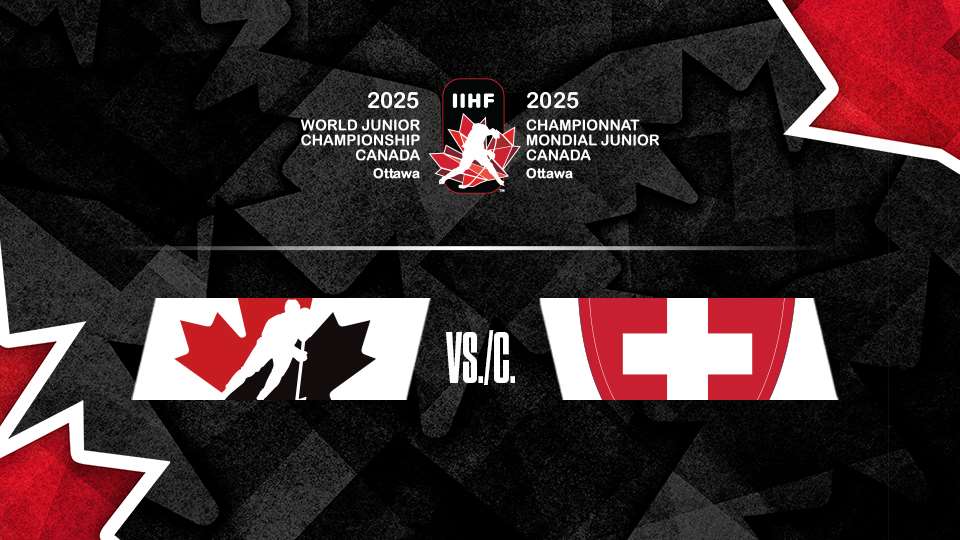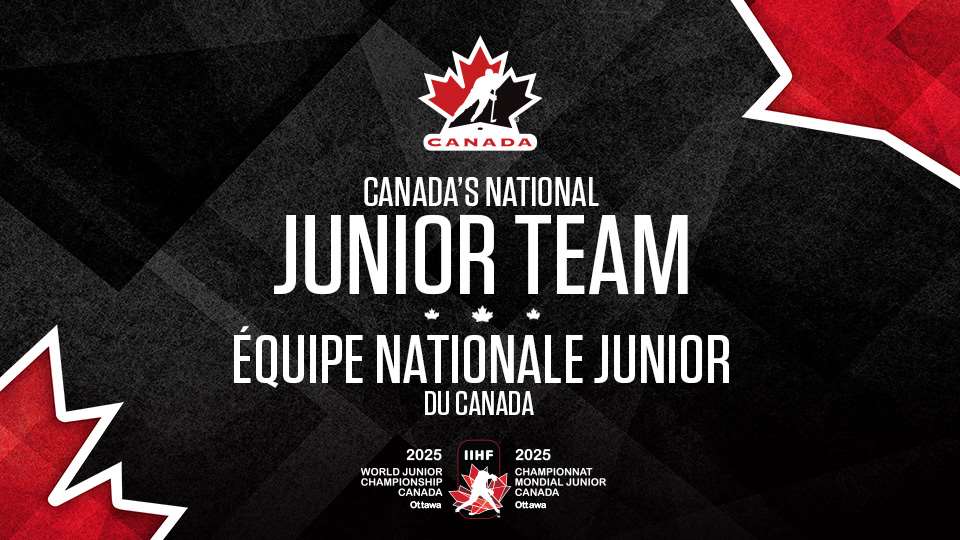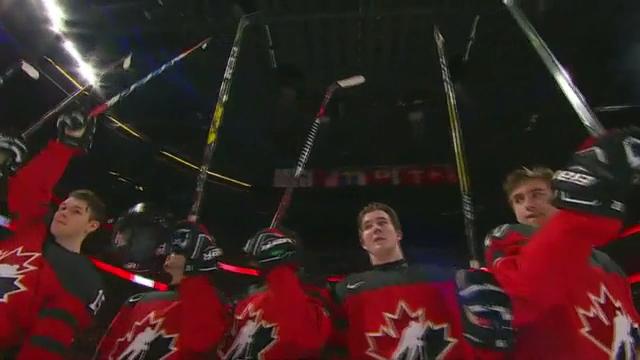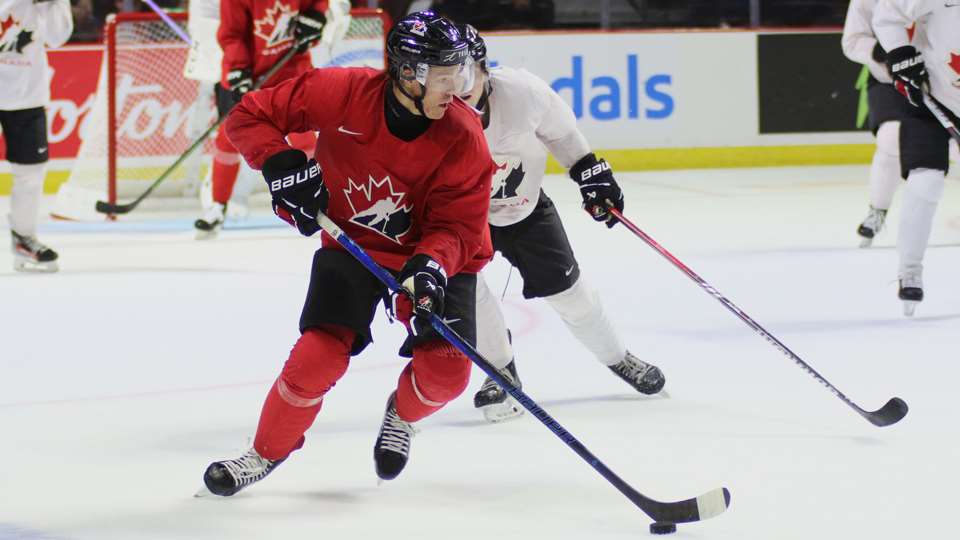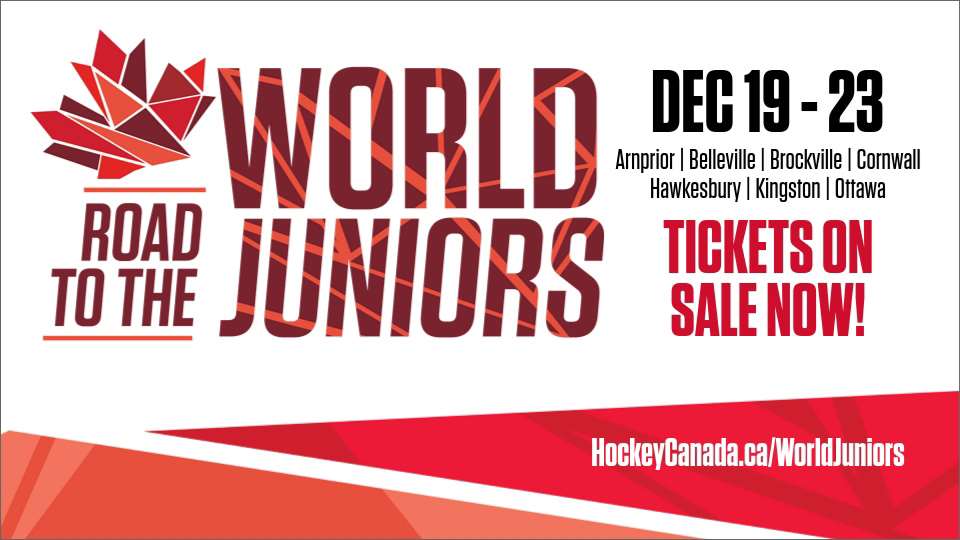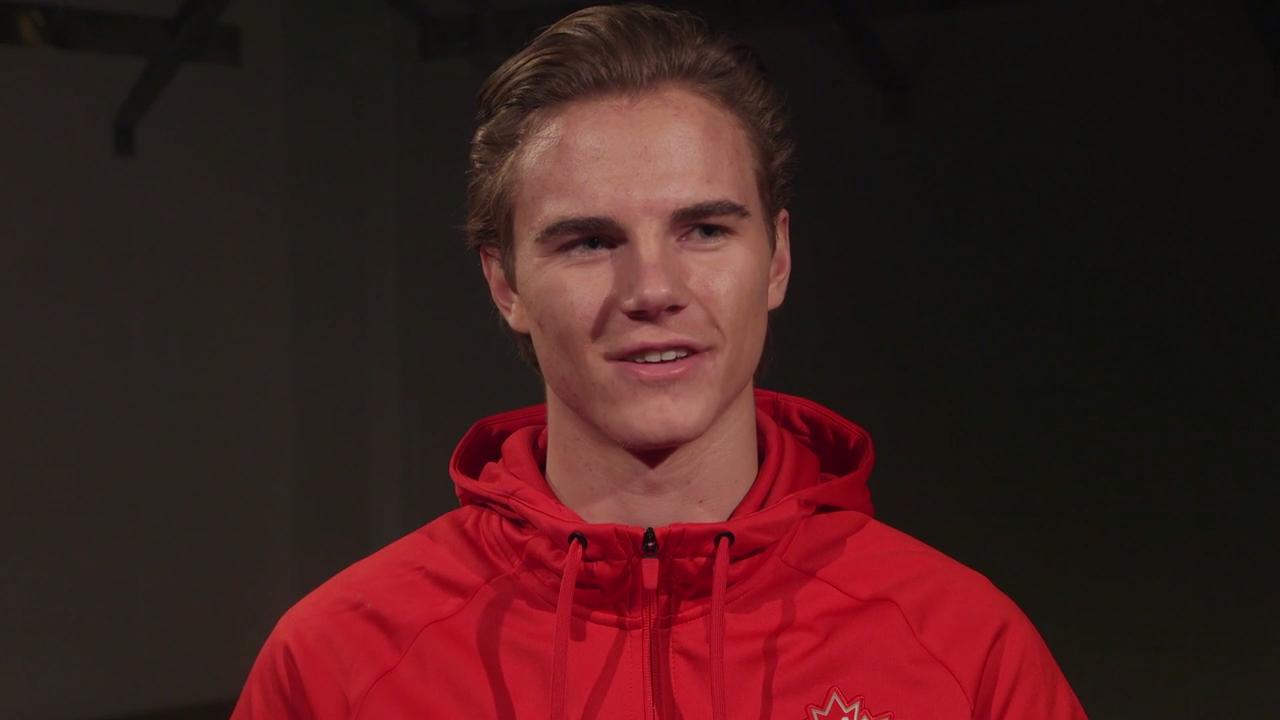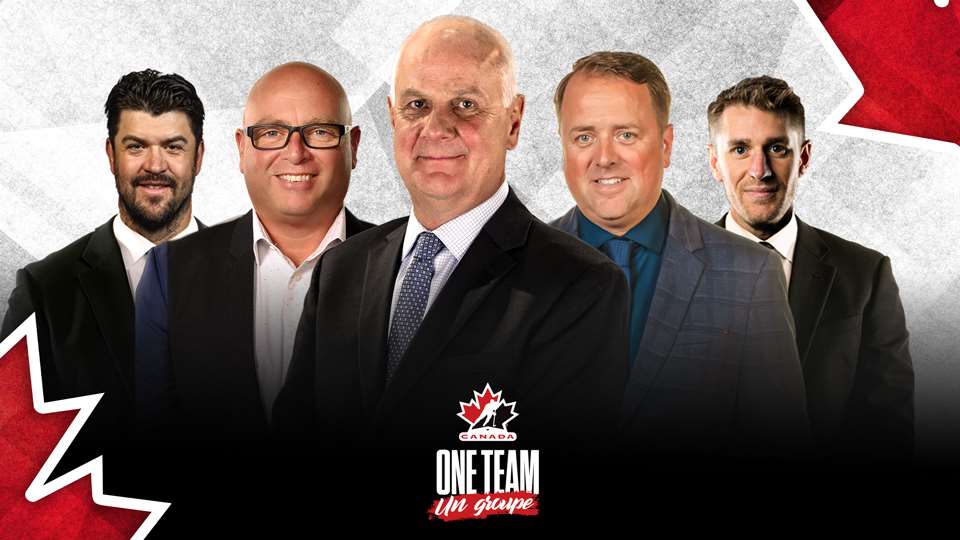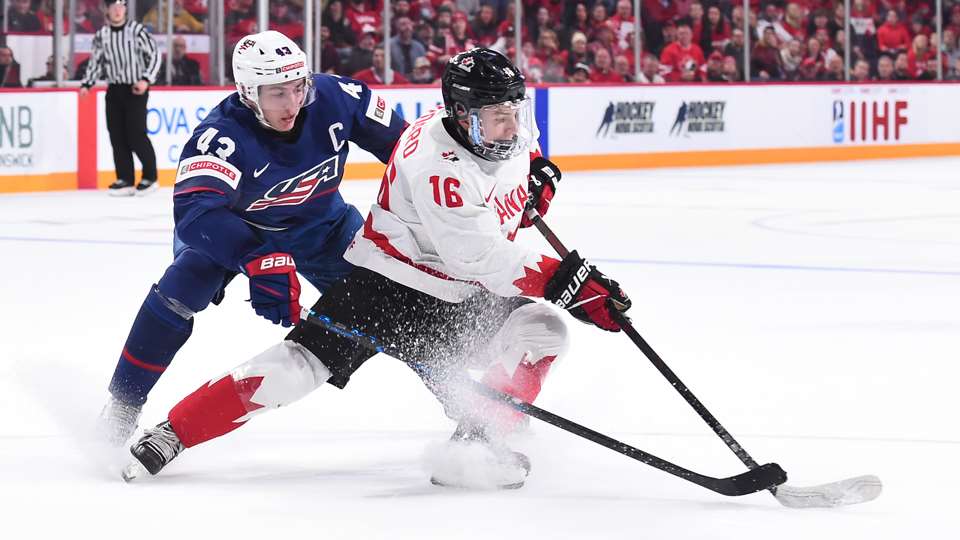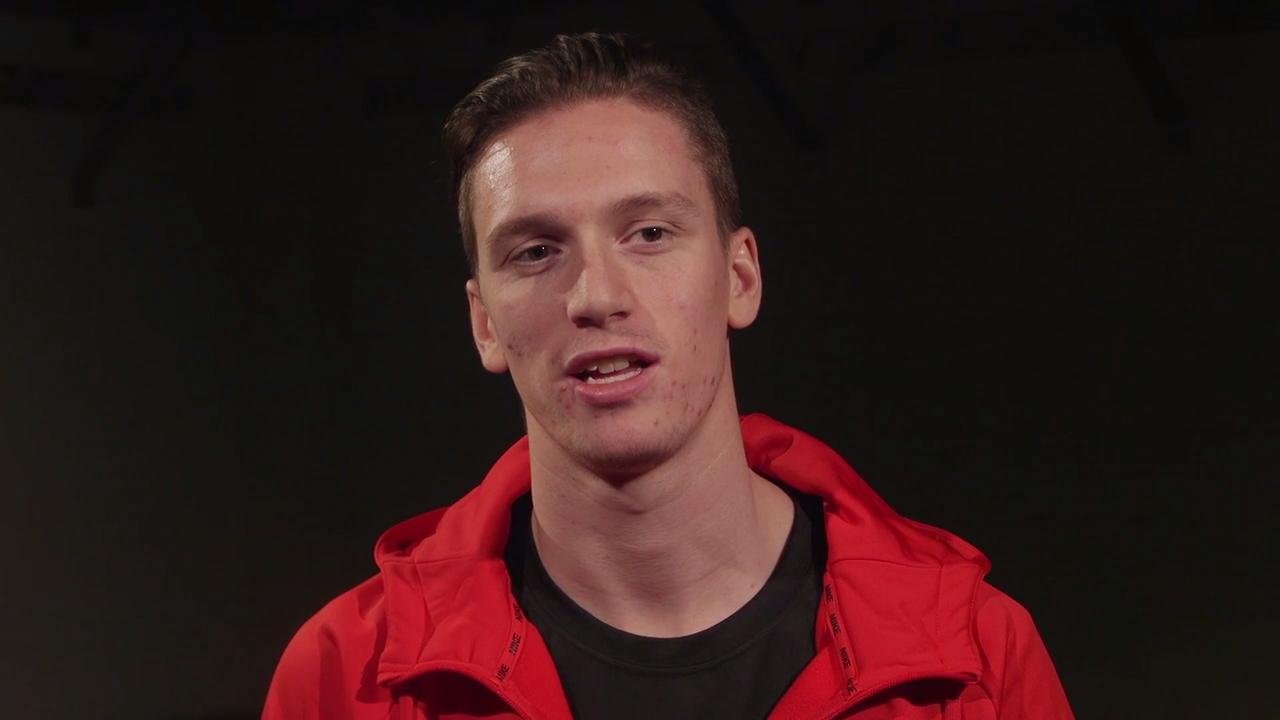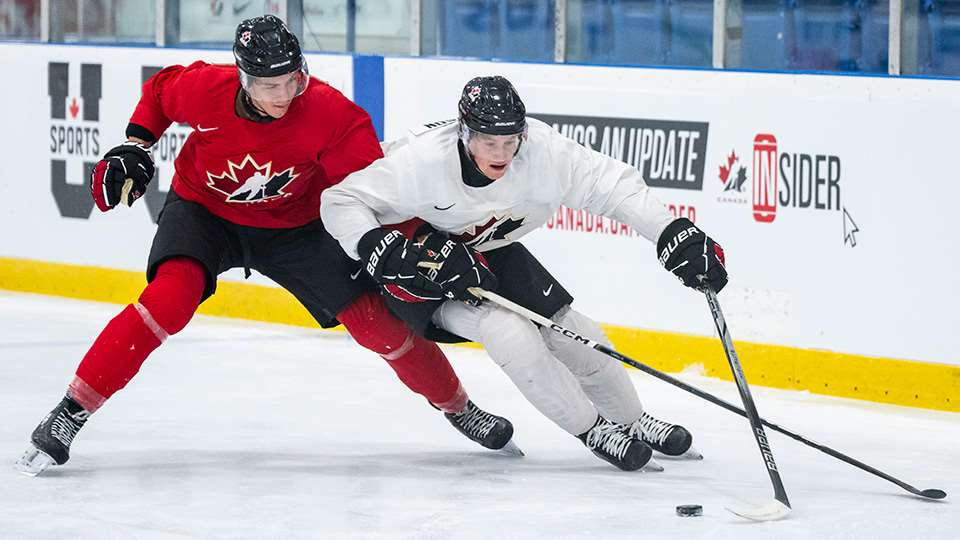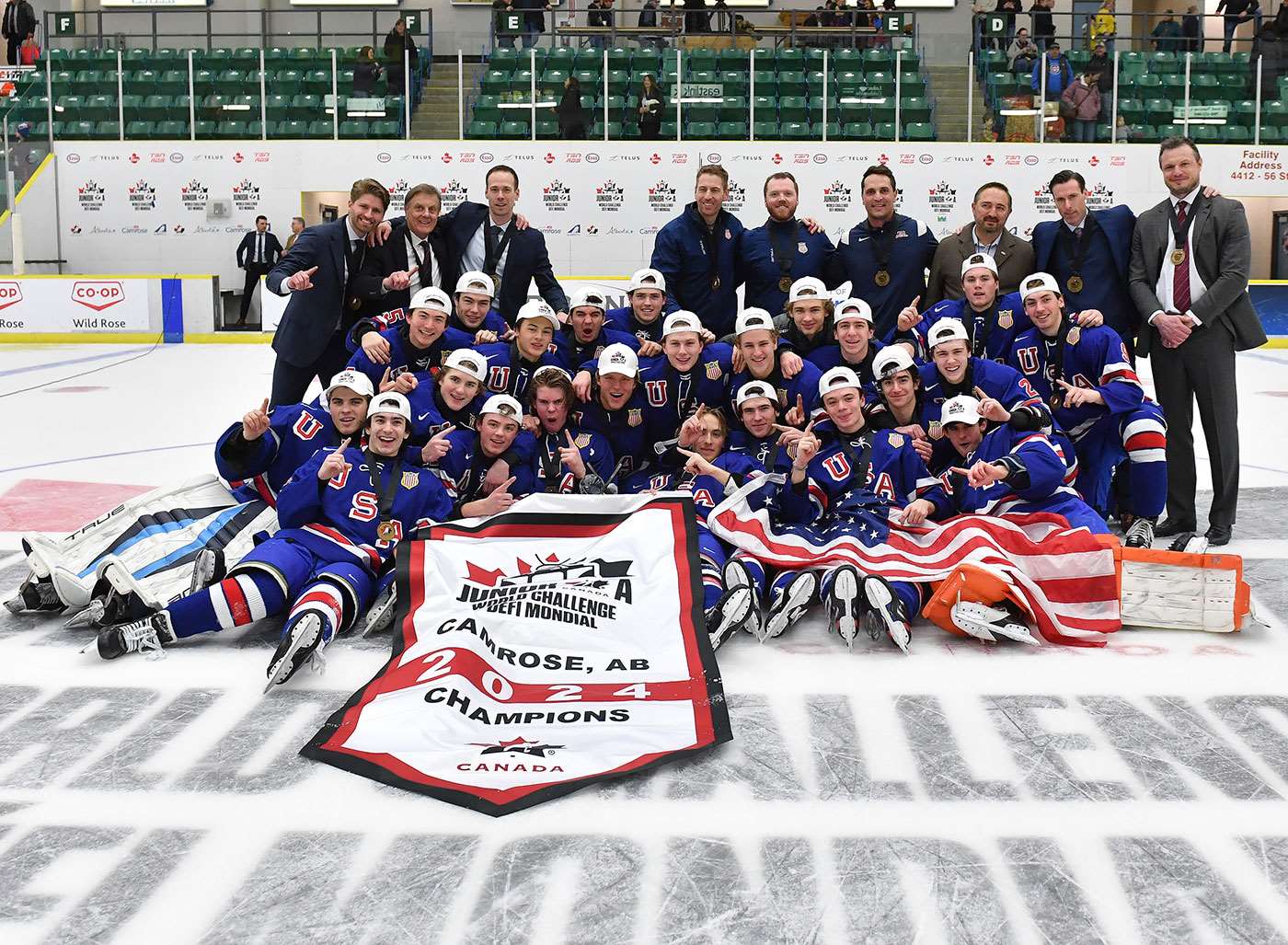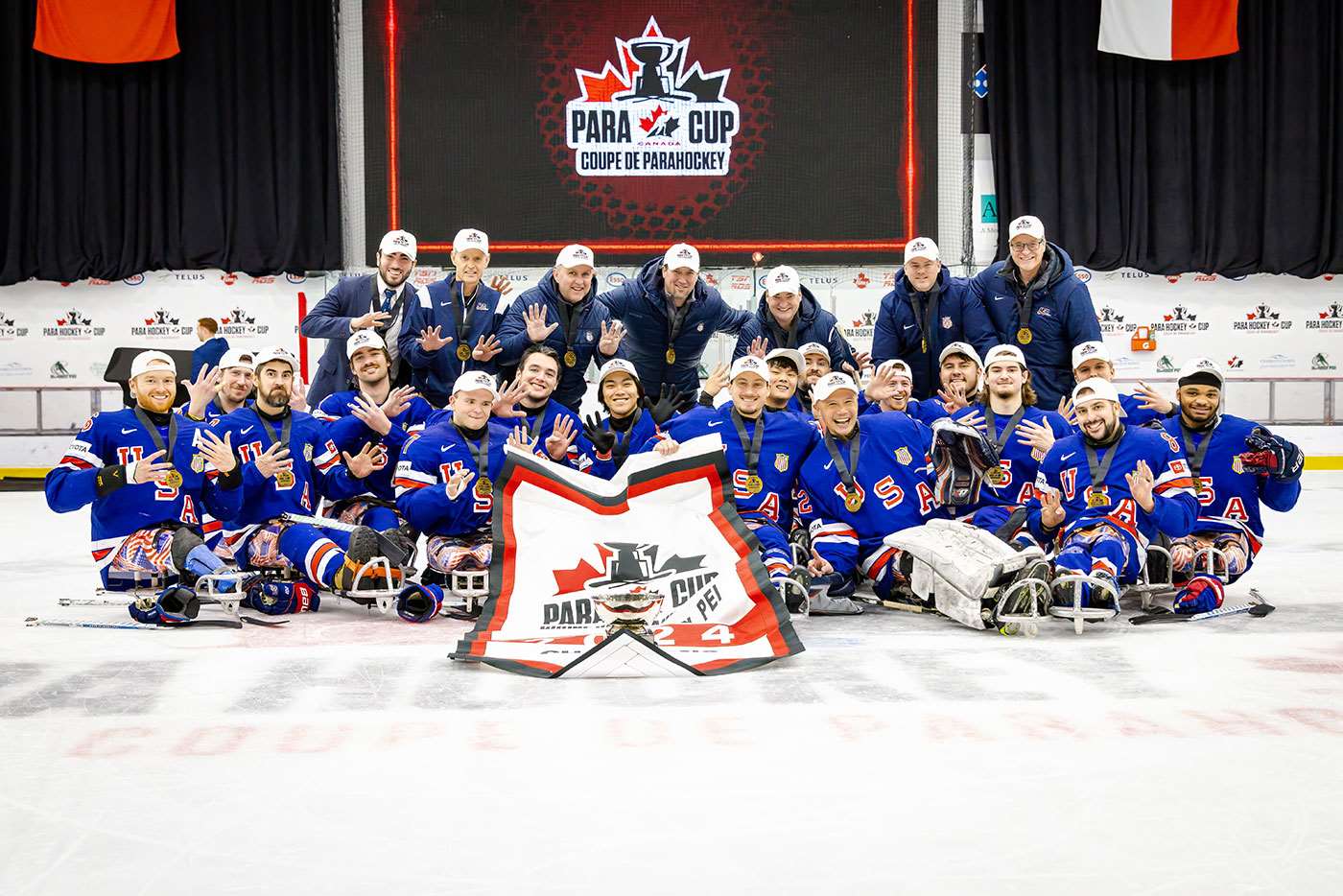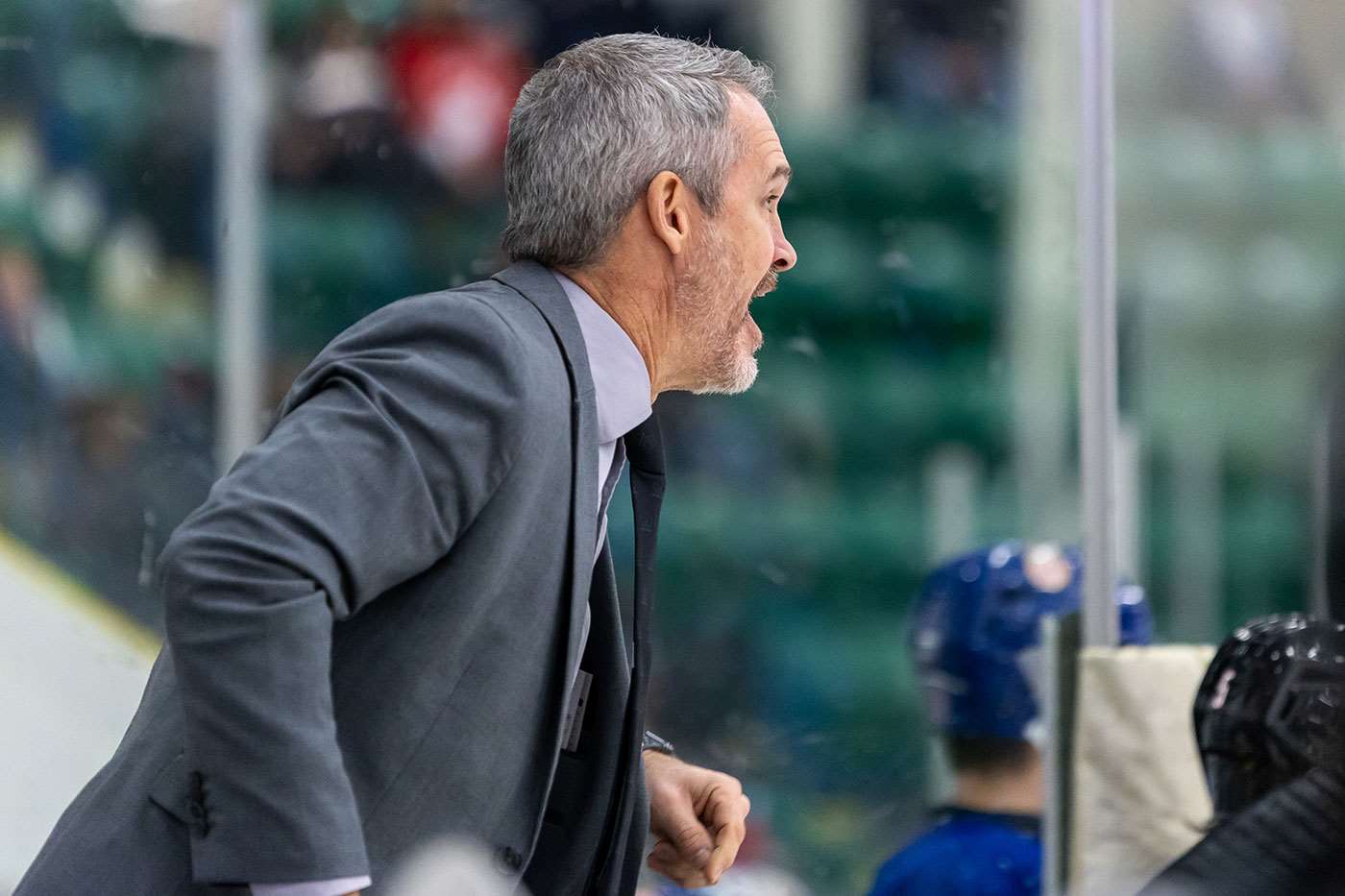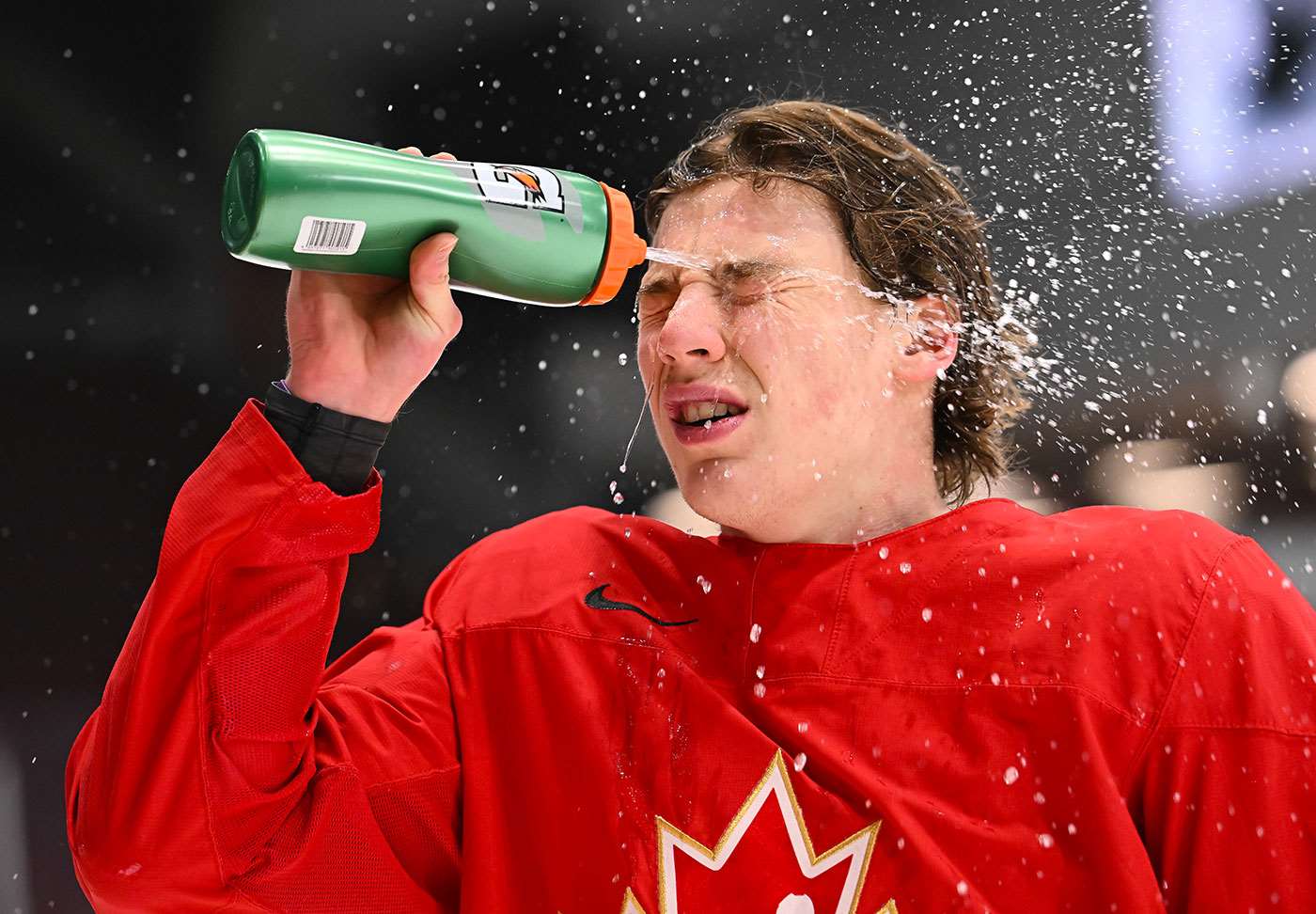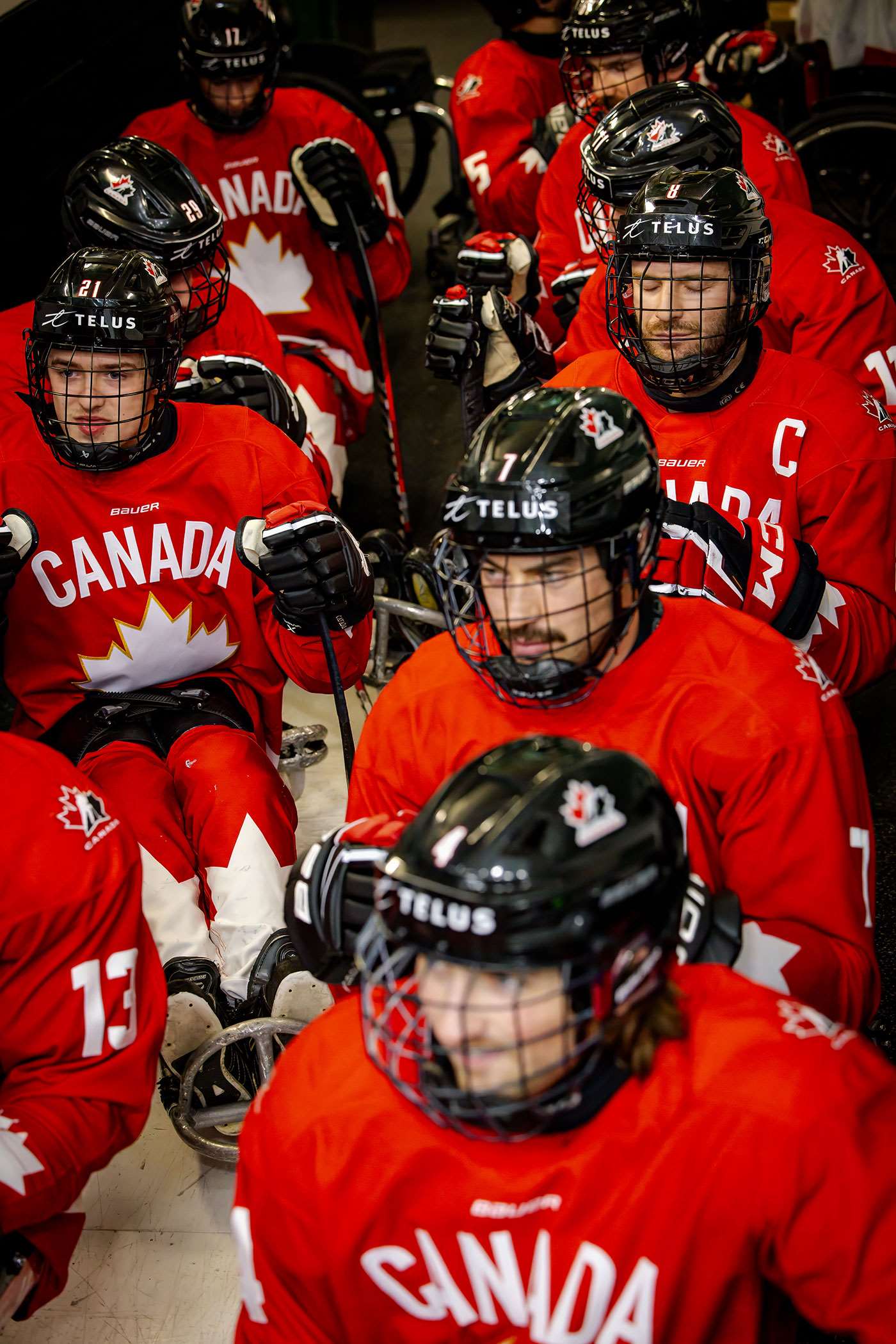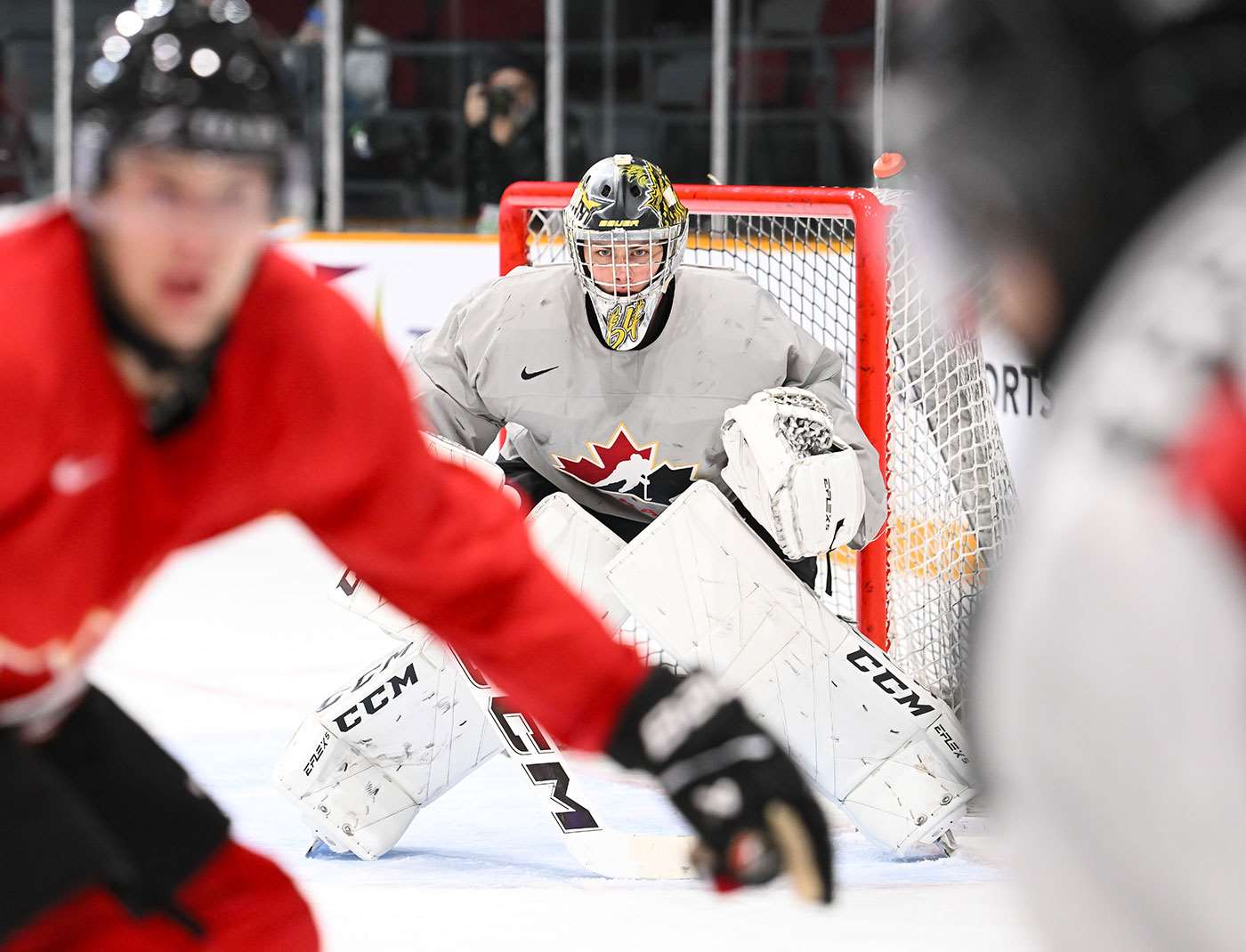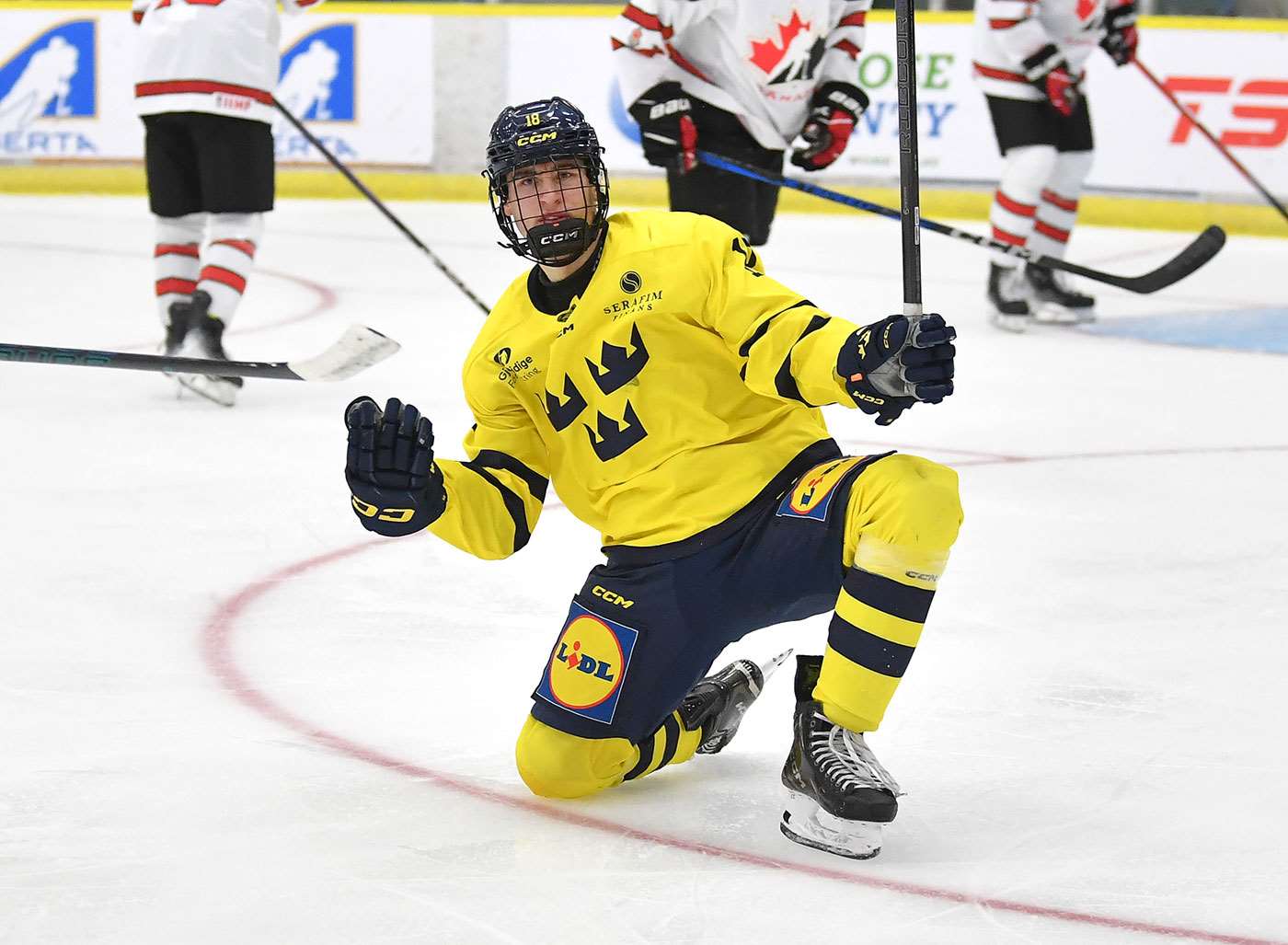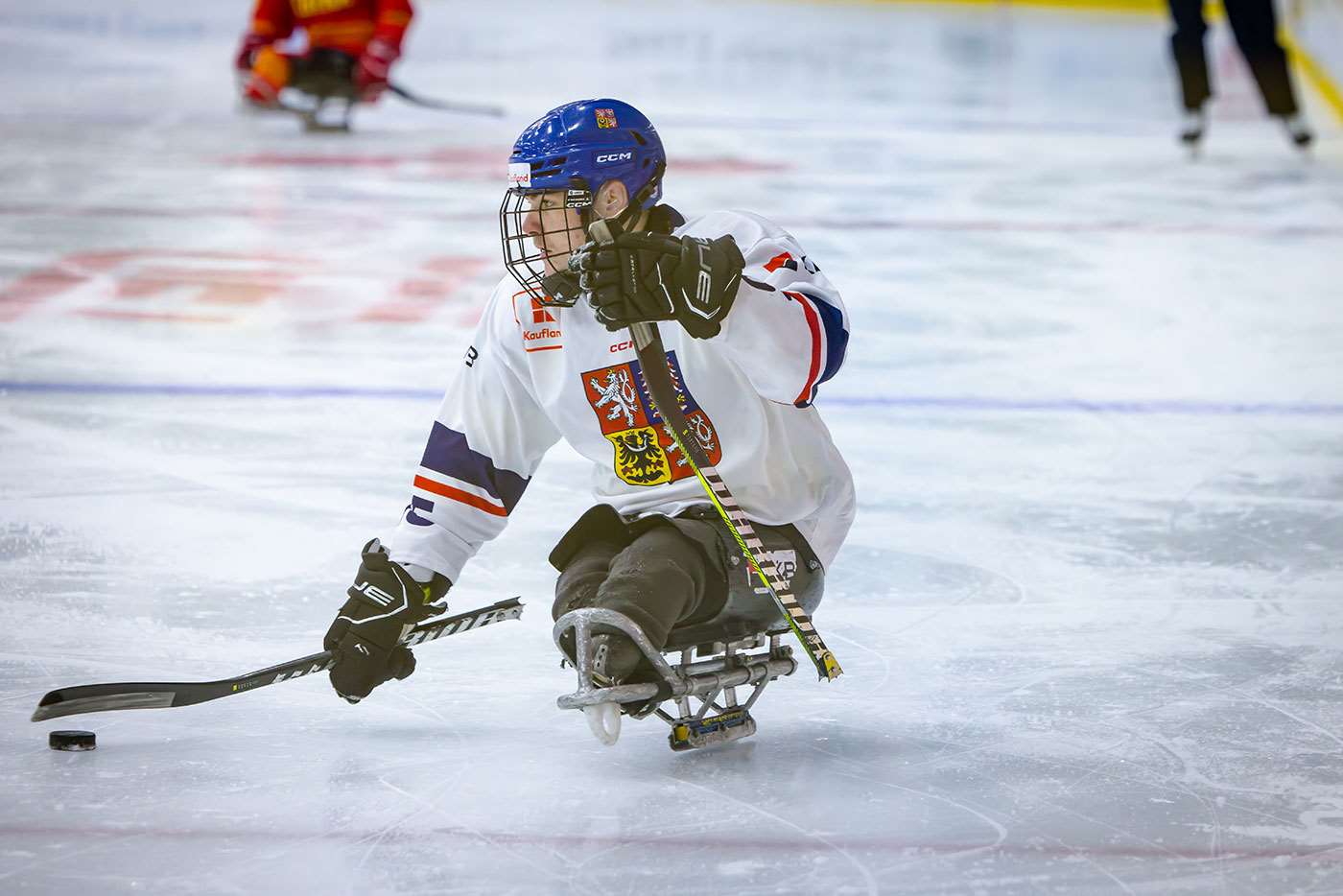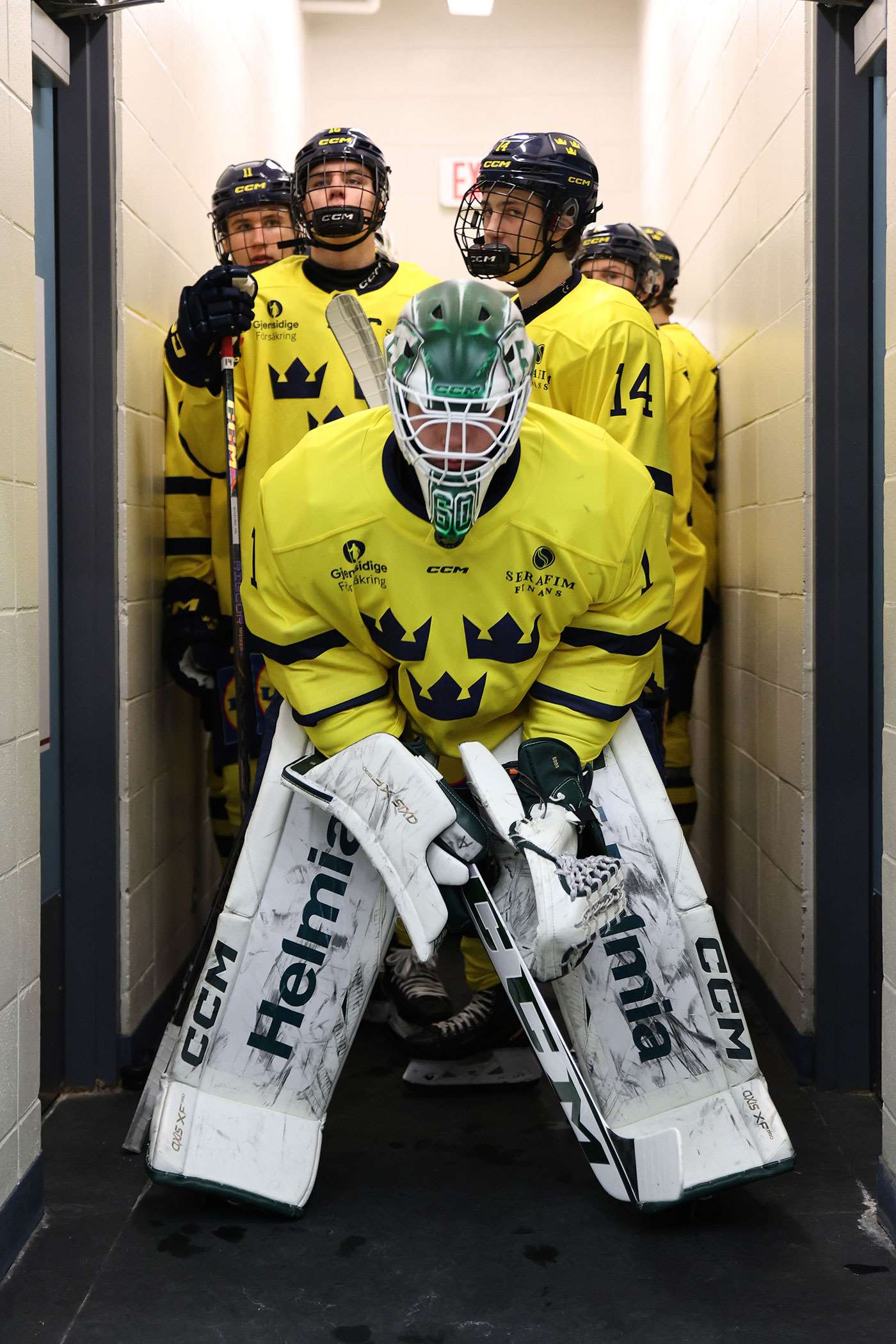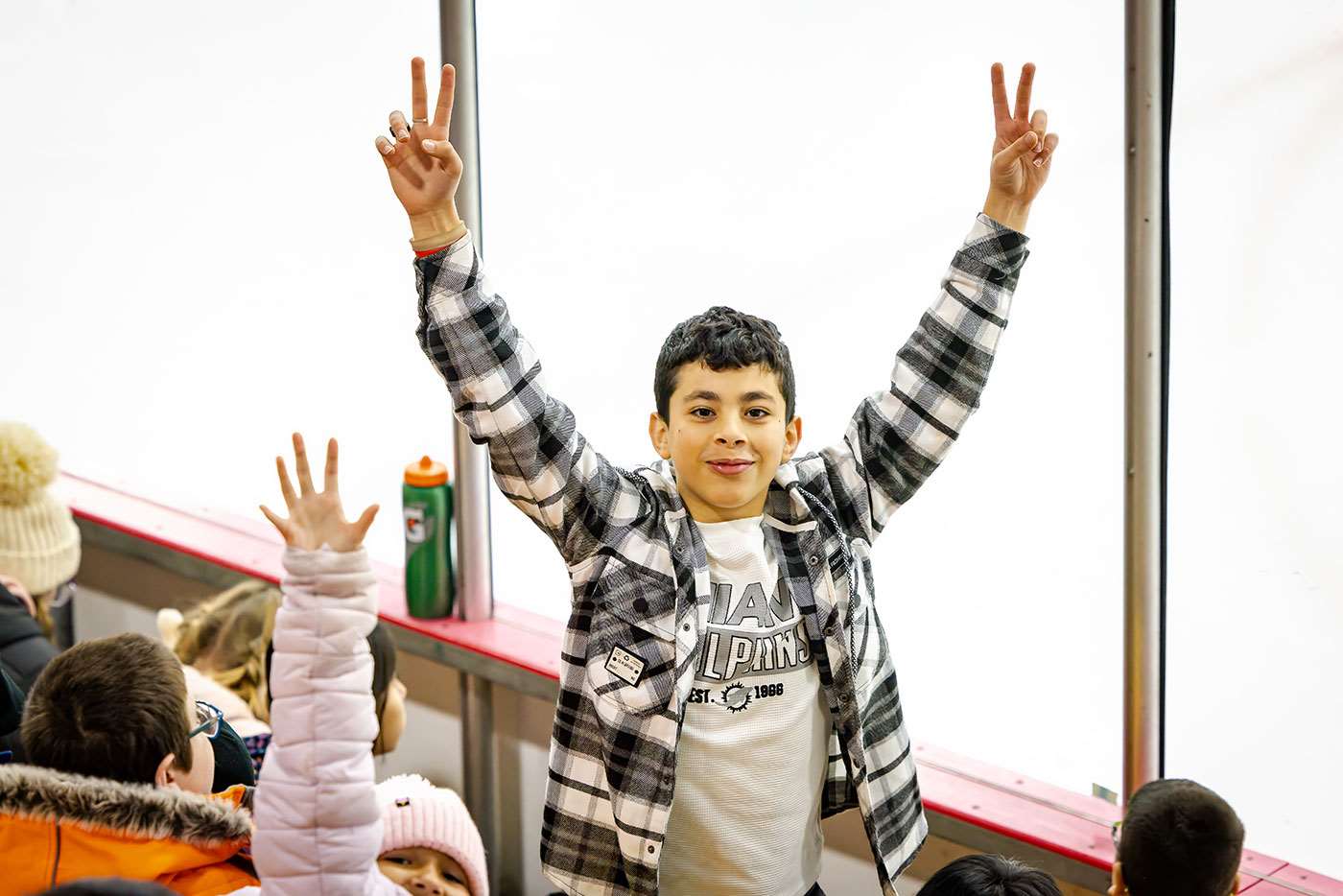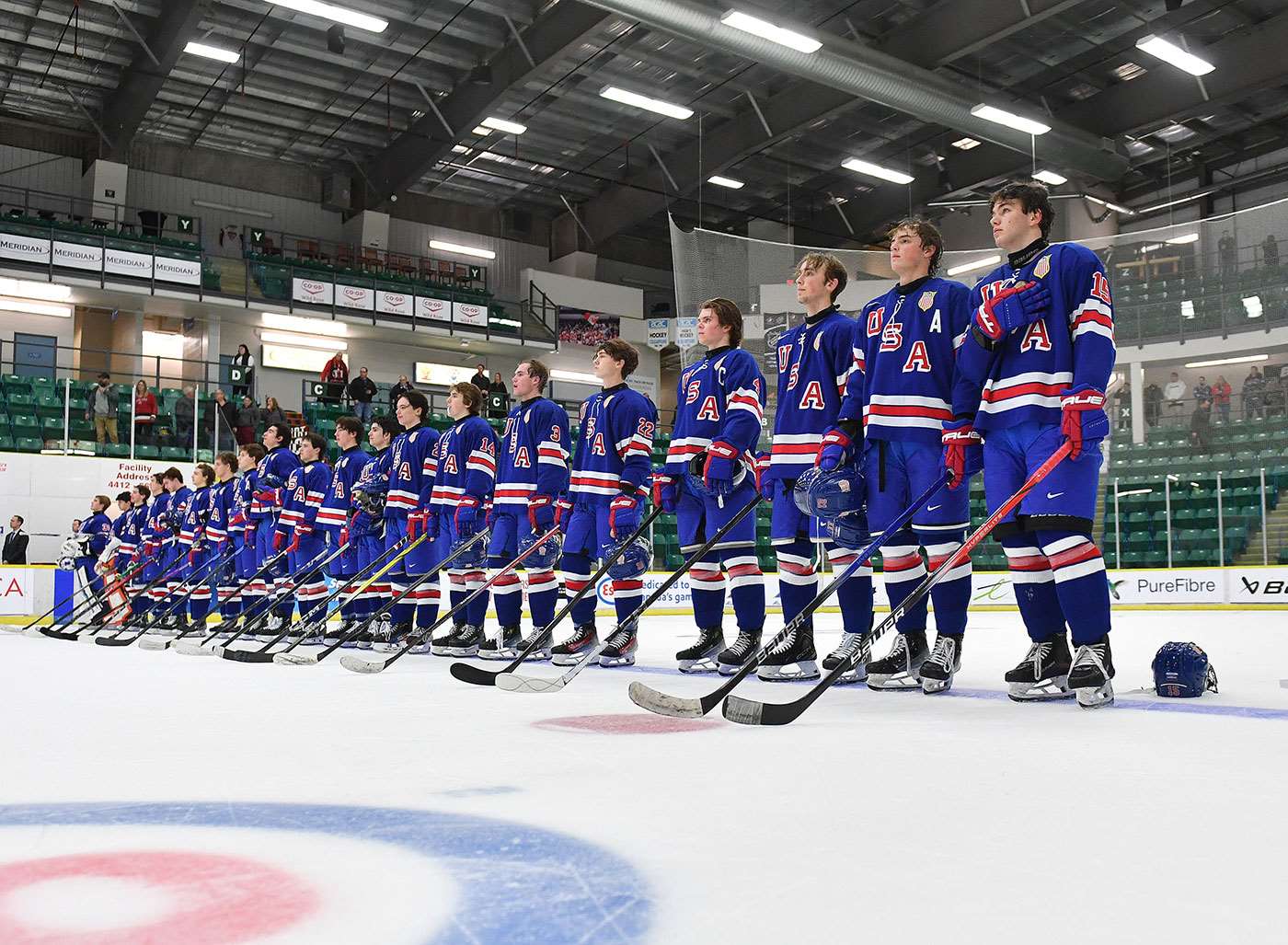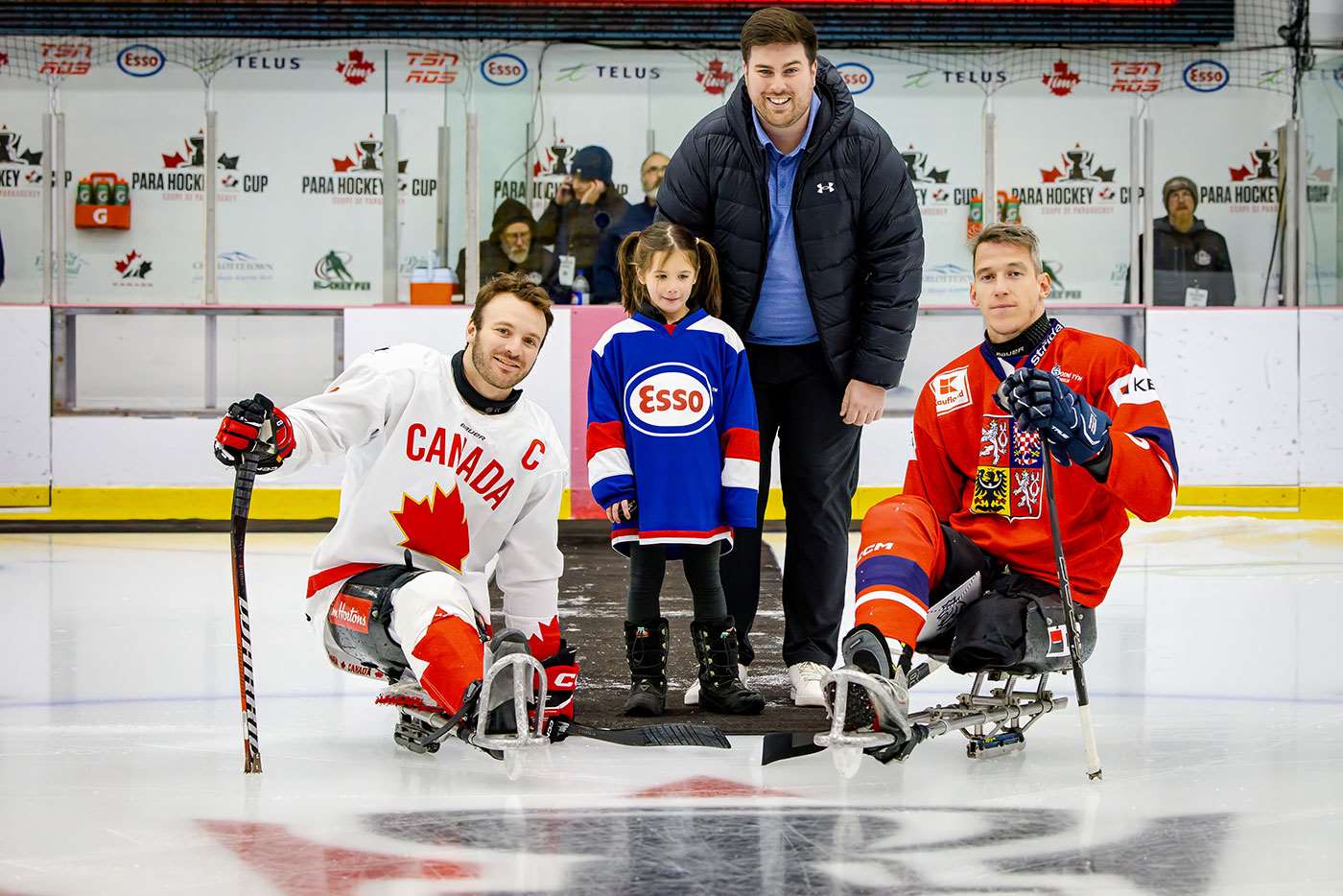
Schedule
Team Canada (Men)
IIHF World Junior Championship | Dec. 26, 2024-Jan. 5, 2025
Spengler Cup | Dec. 26-31, 2024
4 Nations Face-Off | Feb 12-20, 2025
IIHF U18 World Championship | April 23-May 3, 2025
IIHF World Championship | May 9-25, 2025
U17 World Challenge | Nov. 3-9, 2024
Hlinka Gretzky Cup | Aug. 5-10, 2024
Junior A World Challenge | Dec. 9-15, 2024
National Junior Team vs. USPORTS | Dec 12-13, 2024
Search
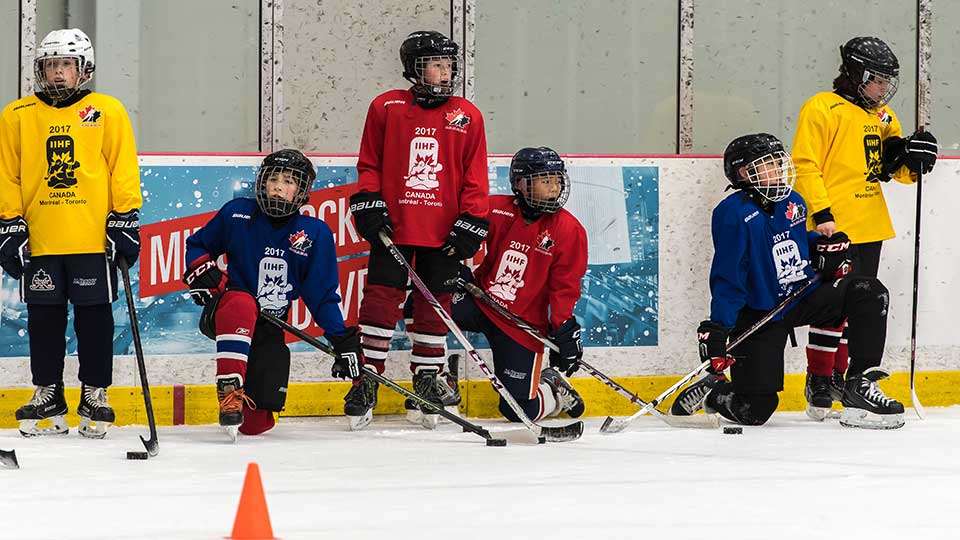
Taking the World Juniors into the community
The 2017 IIHF World Junior Championship is a high-performance event, but it’s also a chance to develop and promote the grassroots game

The setting wasn’t a bench, and those looking up expectantly weren’t wearing helmets and skates, but they were very much actively listening as the man addressing them brought out his coach’s board.
Peter McBride, an assistant coach with the University of Toronto men’s hockey team, proceeded to run down his five cardinal rules to being a good blue-liner.
His audience? Thirty fellow coaches – from Novice to Midget, house league to rep – there to take what they were learning back to their teams and minor hockey associations.
The session, Developing Skilled Defencemen, was just one development event being hosted by Hockey Canada in conjunction with the 2017 IIHF World Junior Championship in Toronto.
“Since we have a world-class event happening we wanted to offer a world-class development program,” says Ryan Hurley, manager of the Hockey Canada Regional Centre in Ontario. “We wanted to make sure we focused on every aspect of the player and every aspect of the coach, and to take it a step further every aspect of the official. The idea is that it’s a fun, middle-of-the-season outing where you can come out, do this activity, learn a new skill, go to a game and celebrate the holiday season as a team.”
Between Dec. 26 and Jan. 2, the MasterCard Centre in the city’s west end played host to, among other things, a skills camp, Initiation Program festival, Atom cross-ice jamboree and goaltender skills session, as well as coaching specialty clinics devoted to small-area games, goaltenders and, of course, defencemen.
More than 500 people participated in at least one event. The aim was to have the rink constantly bustling with activity.
It was also a good chance to bring ideas to a larger group. Take the Atom cross-ice jamboree, for example.
“We wanted to showcase the benefits of a shrink-the-rink type of program,” says Jeff Stewart, technical director of the Ontario Hockey Federation. Cross-ice is usually done with five- and six-year-olds. Too often on full ice one player takes the puck end-to-end and the other kids on the ice don’t learn as much as they should. “This was a good way to highlight what we’ve been pushing for – that cross-ice with an older age group makes the game more interesting, allows a little bit more skill and gives everybody the opportunity to touch the puck.”
On many days at least one World Juniors team practiced at the MasterCard Centre. Like in 2015, when similar development days took place there, it has allowed local players an up-close look at some of the world’s best young players. It’s also provided a ‘show-don’t-tell’ learning opportunity.
“Two years ago we did a small-area games instructional clinic and Russia was practicing next door and doing it,” says Stewart. This year a skills session for Bantam- and Midget-age goaltenders was ending just as a Team Canada practice was beginning. “That’s where it’s a great tie-in for us because when you teach something on the ice and then they see it in the [juniors’] practice that really helps us.”
The same applied to the coaches. Members of Canada’s management team and coaching staff spoke to a group of minor hockey coaches before a session on practice planning. The participants then went and watched a Team Canada practice. Afterwards, Tom Renney, Hockey Canada’s president and chief executive officer – and a coach at two World Juniors – and assistant coach Kris Knoblauch led a debriefing.
In addition to the registered activities, there were two outdoor community events. While the days were unstructured, instructors still ran drills that kids were free to join in on. There was drop-in shinny, and on one day a pop-in visit from Wendel Clark – a member of Canada’s National Junior Team in 1985 and an honorary captain for this year’s tournament – who surprised some fans with tickets.
Every registration included a ticket to a game at the IIHF World Junior Championship. It was a good learning opportunity in a fun atmosphere that made the entire day more than just a development camp or a World Juniors game, says Hurley.
“We can let them in on little secrets of what Team Canada looks for when they’re building a roster for World Juniors,” says Hurley, “and we tie some of our conversations right into World Juniors and how it’s not just about being a good player. It’s your off-ice attitude and all the intangibles you can bring off the ice. And then we send them to the game and tell them to look for those certain things with the players on the bench.
“It’s one of those things where a kid can look back and say remember the time we went to the World Juniors and we sat down low near the glass. It’s about them being part of the Hockey Canada family, seeing a game, experiencing what it’s like live in the Air Canada Centre and providing a memorable day.”
For more information: |
- <
- >

















